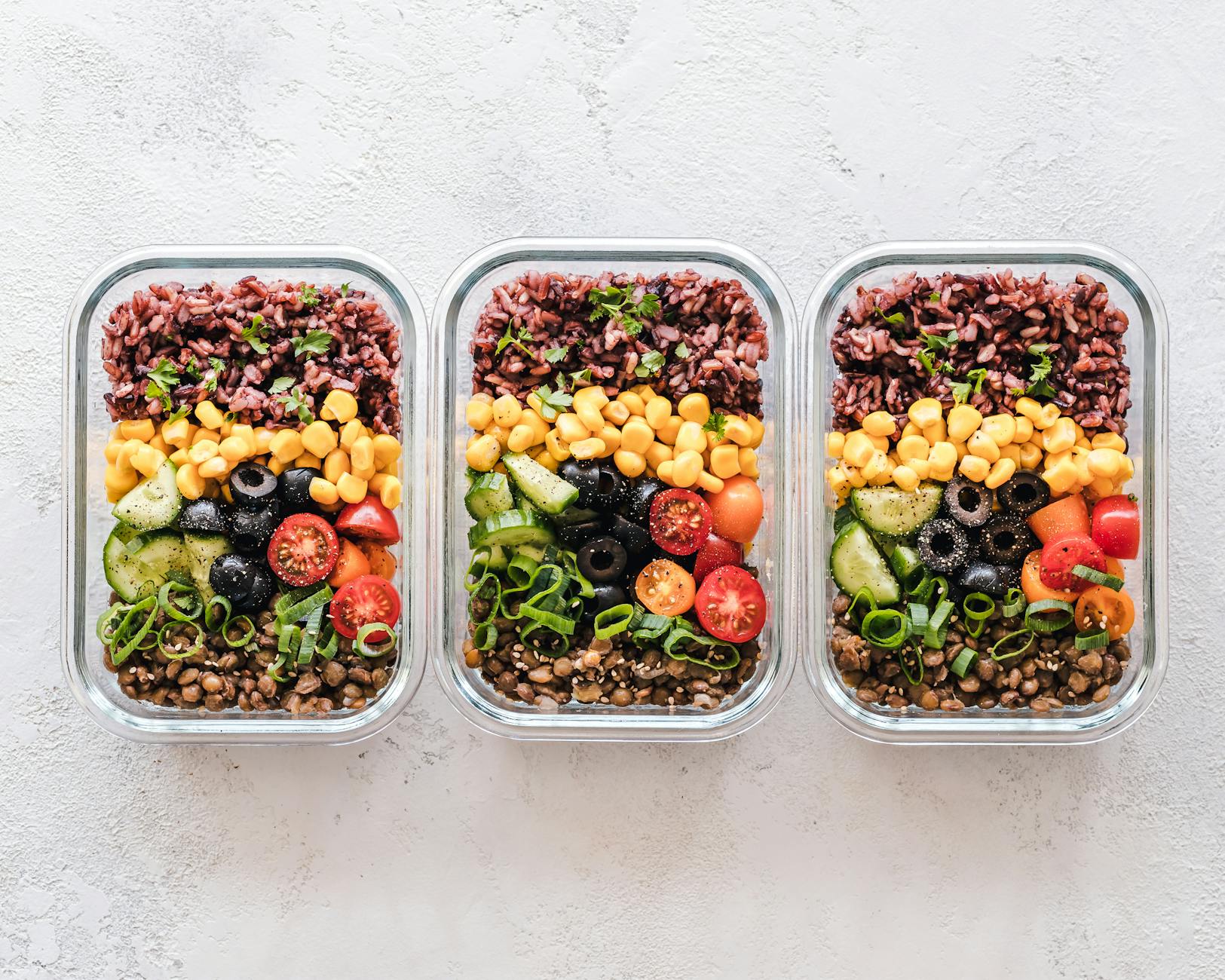Gym Diet Plan For Muscle Gain
Gym Diet Plan For Muscle Gain

Ever dropped $300 on fancy supplements while eating nothing but pizza and ramen? Been there. Watching those Instagram fitness models and wondering why your muscles don’t pop the same way after months at the gym?
The truth? You can’t out-train a bad diet. Not even close.
I’ve spent 15 years coaching guys who were killing themselves in the gym but seeing minimal gains because their gym diet plan for muscle gain was nonexistent. The weights room is only half the battle.
What you put on your plate determines whether those grueling workouts actually build muscle or just leave you sore and frustrated. And it’s not about complicated meal plans that require a PhD to follow.
So what’s the real secret to eating for muscle growth that actually works for normal humans with jobs and lives?
Understanding the Basics of Muscle Gain

The Science Behind Muscle Growth
Your muscles don’t just magically appear after hitting the gym. There’s actual science behind those gains. When you lift weights, you create tiny tears in your muscle fibers. Your body then repairs these tears during rest periods, making the muscles stronger and bigger than before. This process is called muscle protein synthesis.
Growth happens when the rate of protein synthesis exceeds protein breakdown. It’s like construction and demolition crews working in your body – you want the builders working faster than the wreckers.
Hormones play a massive role too. Testosterone, growth hormone, and insulin-like growth factor (IGF-1) are your body’s natural anabolic hormones that drive muscle growth. Men typically build muscle faster than women because they naturally produce more testosterone.
Setting Realistic Muscle Building Goals
Think those fitness influencers gained 30 pounds of pure muscle in two months? Think again. Natural muscle growth has limits.
Most beginners can expect to gain about 1-2 pounds of muscle per month when everything is dialed in. Advanced lifters? Maybe 0.5 pounds monthly if they’re lucky. That might sound disappointing, but slow, steady gains are sustainable gains.
Set SMART goals for yourself:
-
Specific: “I want to add 1 inch to my arms” beats “I want bigger arms”
-
Measurable: Track your progress with measurements, not just the mirror
-
Achievable: Aim for 10-15 pounds of muscle in your first year, not 30
-
Relevant: Focus on goals that matter to your overall fitness vision
-
Time-bound: Give yourself reasonable deadlines
Why Diet is 70% of Your Muscle Gain Journey
You’ve probably heard it before: “Abs are made in the kitchen, not the gym.” There’s serious truth to that.
You can destroy yourself with the perfect workout routine, but if you’re not fueling your body properly, you’re just spinning your wheels. Your muscles need building blocks (protein) and energy (calories) to grow.
Think of it this way: working out is like giving your body the instruction manual for building muscle, but food provides the actual materials. Without enough materials, that instruction manual is useless.
Many lifters hit plateaus not because their training sucks, but because their nutrition isn’t supporting their goals. They’re either not eating enough overall or skimping on protein, making muscle growth virtually impossible.
Calculating Your Caloric Needs for Growth
To build muscle, you need a caloric surplus – eating more calories than you burn. But how much more?
Start with finding your maintenance calories (the amount you need to maintain current weight):
-
Men: (10 × weight in kg) + (6.25 × height in cm) – (5 × age) + 5
-
Women: (10 × weight in kg) + (6.25 × height in cm) – (5 × age) – 161
Then add 300-500 calories for a moderate surplus. This range hits the sweet spot – enough extra energy to build muscle without excessive fat gain.
Your activity level matters too:
-
Sedentary (office job, little exercise): Maintenance × 1.2
-
Moderately active (exercise 3-5 days/week): Maintenance × 1.5
-
Very active (hard exercise 6-7 days/week): Maintenance × 1.7
Adjust based on results. If you’re not gaining after two weeks, add another 200 calories. Gaining too much fat? Cut back by 100-200 calories.
Remember, these calculations are starting points. Your body will tell you what it needs through consistent tracking of weight, measurements, and performance.
Essential Macronutrients for Muscle Development

Protein: Your Muscle Building Foundation
Building muscle isn’t complicated, but it does require fuel. And protein? It’s the king of that fuel.
Think of protein as the building blocks your body needs. When you lift weights, you create tiny tears in your muscle fibers. Protein swoops in to repair those tears, making your muscles bigger and stronger in the process.
For serious gains, aim for 1.6-2.2g of protein per kg of bodyweight daily. So if you’re a 80kg person, you’re looking at 128-176g of protein each day. Spread it throughout your meals rather than cramming it all at once.
Best sources? Lean meats like chicken breast and turkey, eggs (whole eggs, not just whites), fish, Greek yogurt, cottage cheese, and quality whey protein. Don’t sleep on plant proteins either – lentils, chickpeas, tofu, and tempeh pack a serious punch.
Carbohydrates: Fueling Your Workouts
Carbs get a bad rap, but they’re essential for muscle growth. They’re your body’s preferred energy source during intense training.
Without enough carbs, your body might break down muscle for energy instead of building it up. Not exactly what we’re going for, right?
Focus on complex carbs like:
-
Sweet potatoes
-
Brown rice
-
Oats
-
Quinoa
-
Whole grain pasta
These slow-burning carbs provide sustained energy throughout your workout. Time them strategically – more carbs around your training sessions, slightly fewer on rest days.
Most bodybuilders need 4-7g of carbs per kg of bodyweight daily, depending on training intensity and metabolism. That’s 320-560g daily for an 80kg person hitting the gym hard.
Healthy Fats: Supporting Hormone Production
Cutting out fats completely? Huge mistake.
Dietary fats are crucial for testosterone production – the hormone that drives muscle growth. Low-fat diets can tank your T-levels faster than a failed bench press.
Aim for about 0.5-1g of fat per kg of bodyweight daily, focusing on these powerhouses:
-
Avocados
-
Nuts and nut butters
-
Olive oil
-
Fatty fish like salmon
-
Whole eggs
-
Chia and flax seeds
These fats also help with nutrient absorption, brain function, and keeping inflammation in check – all important for recovery and growth.
Finding Your Optimal Macro Ratio
Here’s the thing about macro ratios – they’re highly individual. What works for your gym buddy might not work for you.
A solid starting point for muscle gain:
-
Protein: 30-35% of daily calories
-
Carbs: 45-55% of daily calories
-
Fats: 15-25% of daily calories
But these aren’t set in stone. If you’re naturally leaner, you might need more carbs. If you gain fat easily, you might do better with slightly more protein and fat, fewer carbs.
The key is experimentation. Start with these ratios, track your progress for 3-4 weeks, then adjust based on your results. Your body will tell you what’s working.
Tracking Macros Without Obsessing
Yes, tracking macros helps with muscle gains. No, it shouldn’t consume your life.
Start by tracking strictly for 2-3 weeks to understand portion sizes and macronutrient content. After that, many successful bodybuilders develop a more intuitive approach.
Use these practical strategies:
-
Meal prep similar meals to reduce daily tracking
-
Learn to eyeball portion sizes (a palm-sized protein, a cupped hand of carbs)
-
Focus on weekly averages rather than stressing about daily perfection
-
Plan “free meals” where you don’t track but still eat mindfully
Remember, nutrition should enhance your life, not complicate it. The best diet for muscle gain is one you can actually stick with long-term.

